16 Time-Travel Films Viewers Still Can’t Stop Debating
Time-travel films have always had a unique way of grabbing our attention. From the very first glimpse of a time machine to the mind-bending paradoxes they introduce, these films make us question what we know about time itself. Whether it’s the excitement of changing the past or the fear of unintended consequences, time travel brings both wonder and worry. Audiences can’t help but debate the rules and logic behind these films, trying to piece together how everything fits.
This post may contain affiliate links, which helps keep this content free. Please read our disclosure for more info.
Back to the Future (1985)
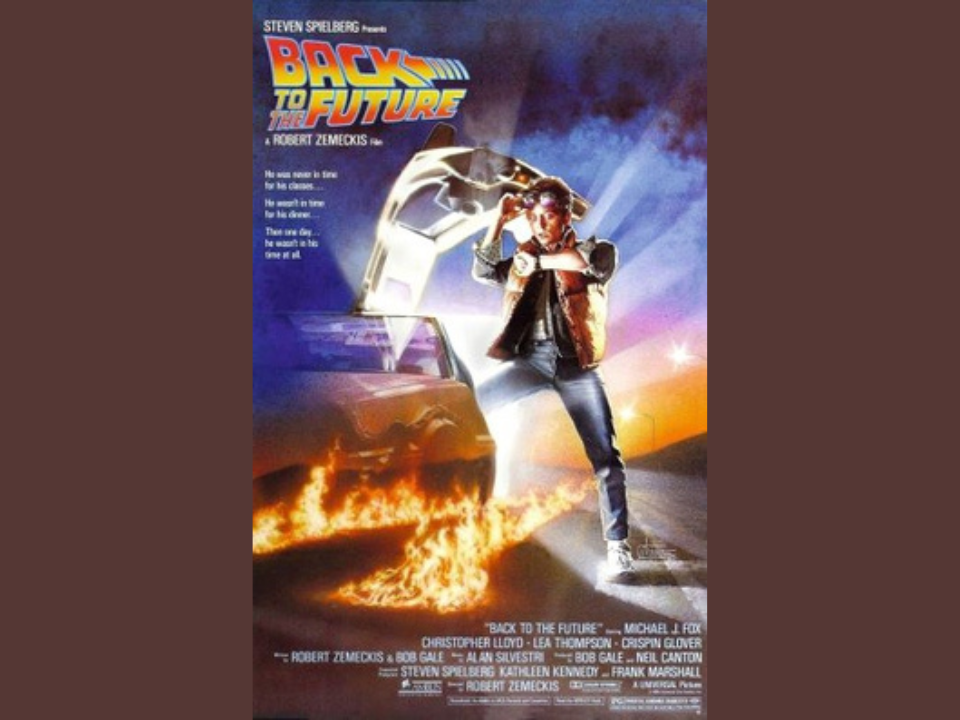
This iconic film follows Marty McFly as he travels back in time using a DeLorean modified by the eccentric Doc Brown. The movie explores the consequences of altering past events and the ripple effect it causes in the future.
The film’s lighthearted approach to the complex science of time travel made it a fan favorite, sparking numerous discussions about its time travel logic and paradoxes. Its sequels further fuel these debates with their unique takes on alternate timelines and their connection to the original.
The Terminator (1984)
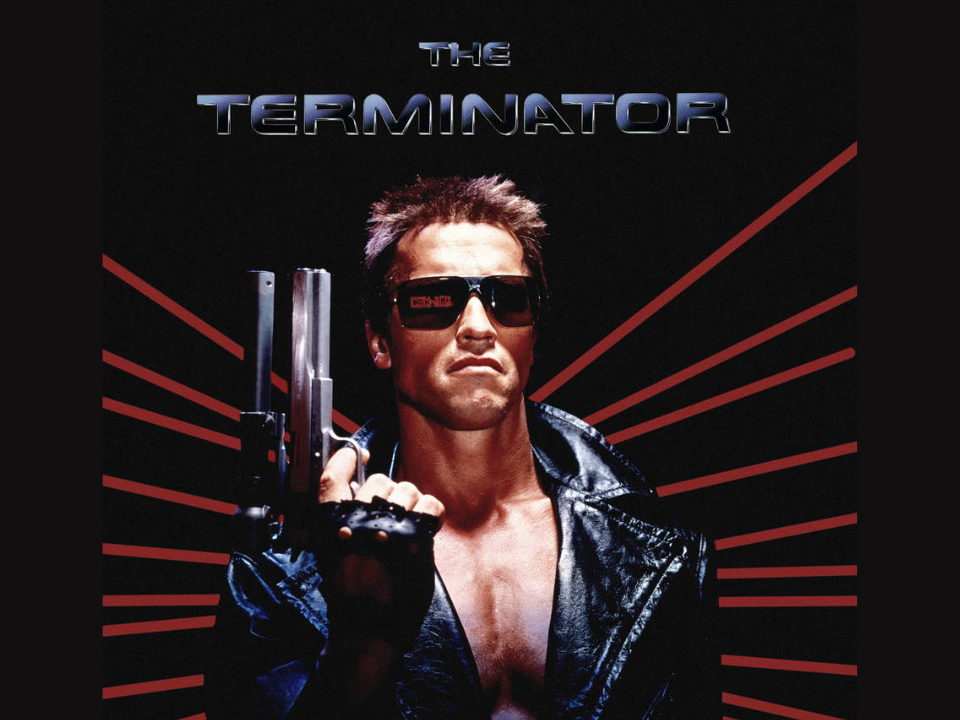
The Terminator introduces a future where an artificial intelligence called Skynet becomes self-aware and starts a war with humanity. A cyborg assassin is sent back in time to kill the mother of the future leader of the human resistance.
What makes this film a classic in time-travel discussions is its exploration of fate and free will. Fans frequently argue about whether the events of the film were predestined or if Sarah Connor’s actions helped shape the future in unpredictable ways.
12 Monkeys (1995)
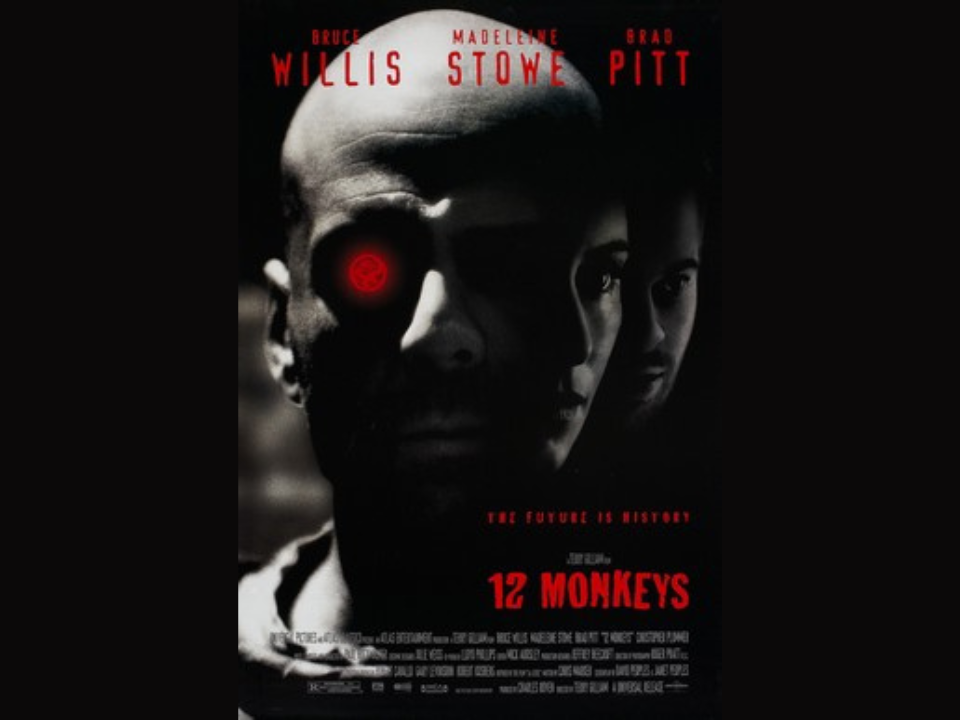
In this film, Bruce Willis plays a man sent back in time to prevent the outbreak of a deadly virus that decimates humanity. However, he finds himself questioning the line between reality and his own delusions.
The film’s haunting themes of mental illness and a dystopian future continue to spark debate, especially regarding its complex portrayal of time loops and causality. Viewers often debate whether James Cole was truly in control of his destiny or if everything was orchestrated by forces beyond his comprehension.
Looper (2012)
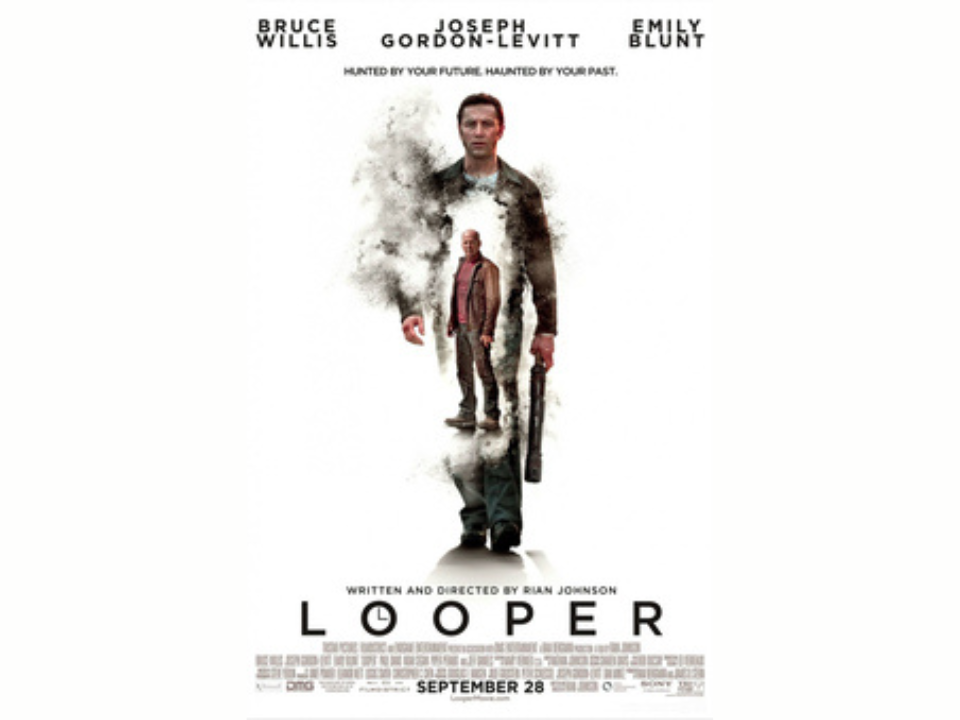
Looper imagines a future where time travel is used by criminal organizations to dispose of enemies. A hitman, played by Joseph Gordon-Levitt, is tasked with killing his future self, played by Bruce Willis.
What makes Looper particularly interesting is its exploration of identity and destiny. Fans often discuss whether the film’s portrayal of time travel breaks its own rules or if it carefully maintains a consistent timeline. The emotional depth of the characters also adds to the film’s ongoing debates.
Primer (2004)
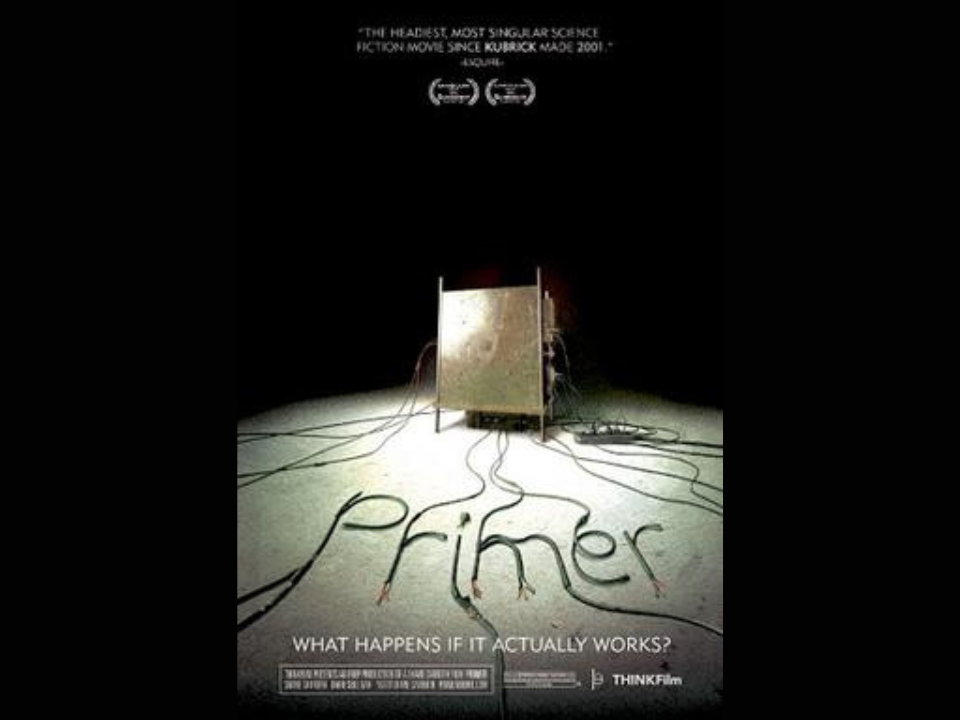
Primer is known for its incredibly complex narrative and realistic portrayal of time travel. Two engineers create a machine that allows them to travel back in time, leading to a cascade of increasingly complicated paradoxes.
This film’s dense plot and technical jargon make it a favorite for those who love dissecting time-travel mechanics. Many viewers continue to argue about its true meaning, with some claiming it’s a film that requires multiple viewings to understand its intricate timeline.
Predestination (2014)
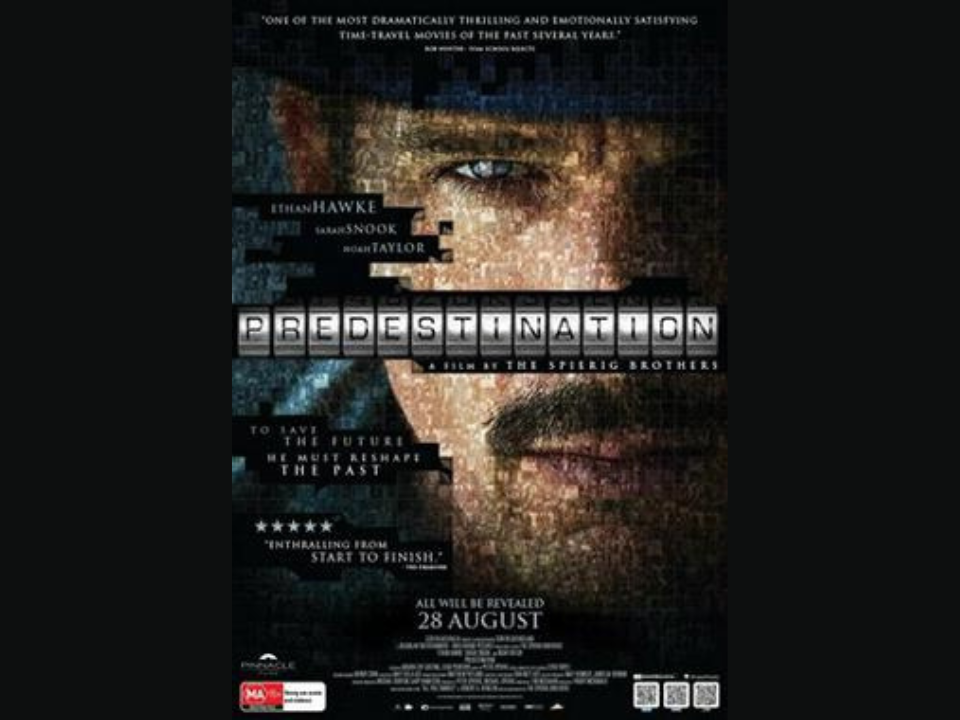
Predestination explores the life of a temporal agent tasked with stopping a criminal mastermind who is able to commit crimes across time. The film’s central twist, which reveals a deeply interconnected web of identities, keeps audiences guessing long after the credits roll.
Debates swirl around the film’s examination of self-identity and fate. Some viewers argue about the film’s interpretation of time loops, while others are more focused on its emotional depth and the philosophical questions it raises about human existence.
Bill and Ted’s Excellent Adventure (1989)
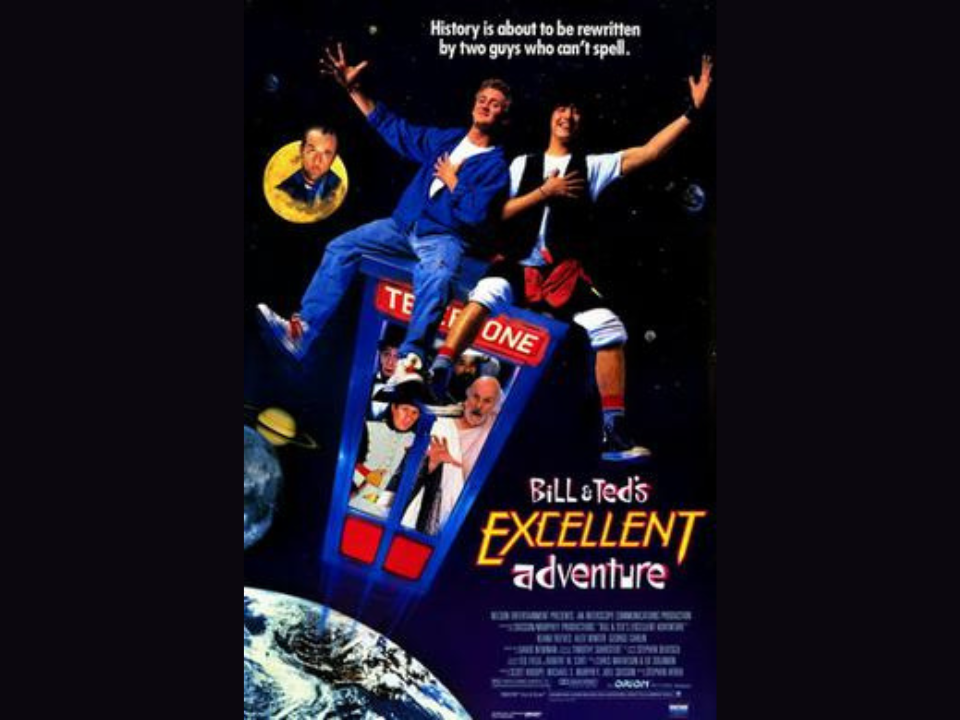
This lighthearted film follows two high school students who use a time-traveling phone booth to travel through history and meet famous figures. Bill and Ted’s Excellent Adventure is often considered a fun, albeit cheesy, take on time travel.
Fans love to debate the movie’s portrayal of historical figures and how the characters’ actions in the past might have altered the future. The film’s comedic approach to time travel sets it apart from more serious films, leading to ongoing discussions about its place in the genre.
Donnie Darko (2001)
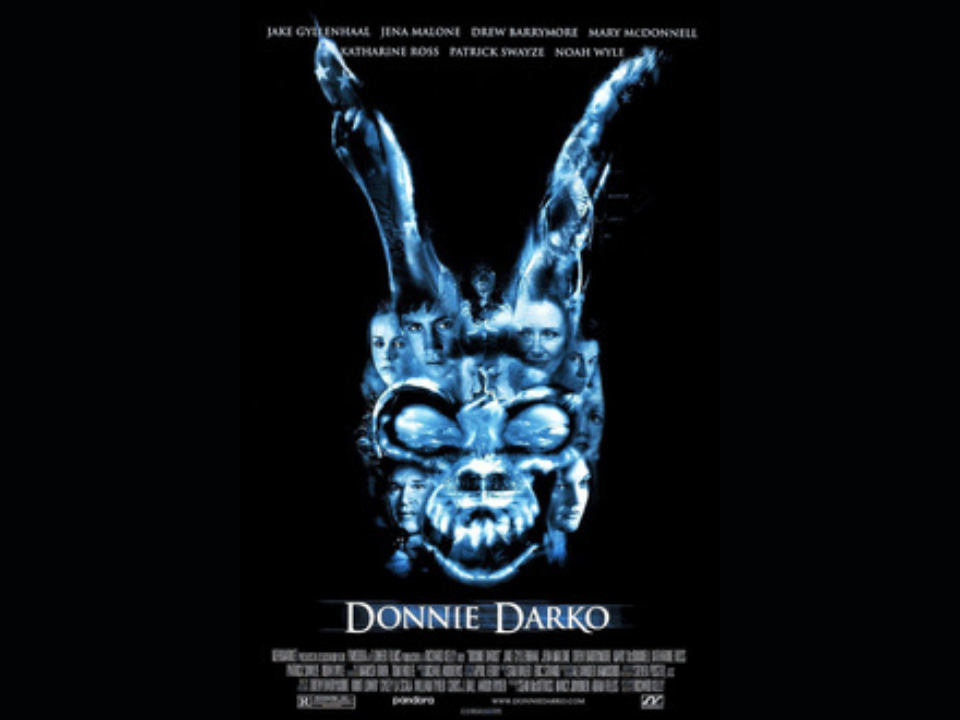
Donnie Darko tells the story of a troubled teen who begins to experience strange visions and time loops. The film blends elements of psychological horror with science fiction, leaving audiences with many unanswered questions.
The film’s abstract approach to time travel leads to ongoing debates about its meaning and interpretation. Some viewers focus on the movie’s exploration of mental health, while others are more interested in the film’s philosophical musings on time, fate, and free will.
Timecrimes (2007) Los Cronocrímenes
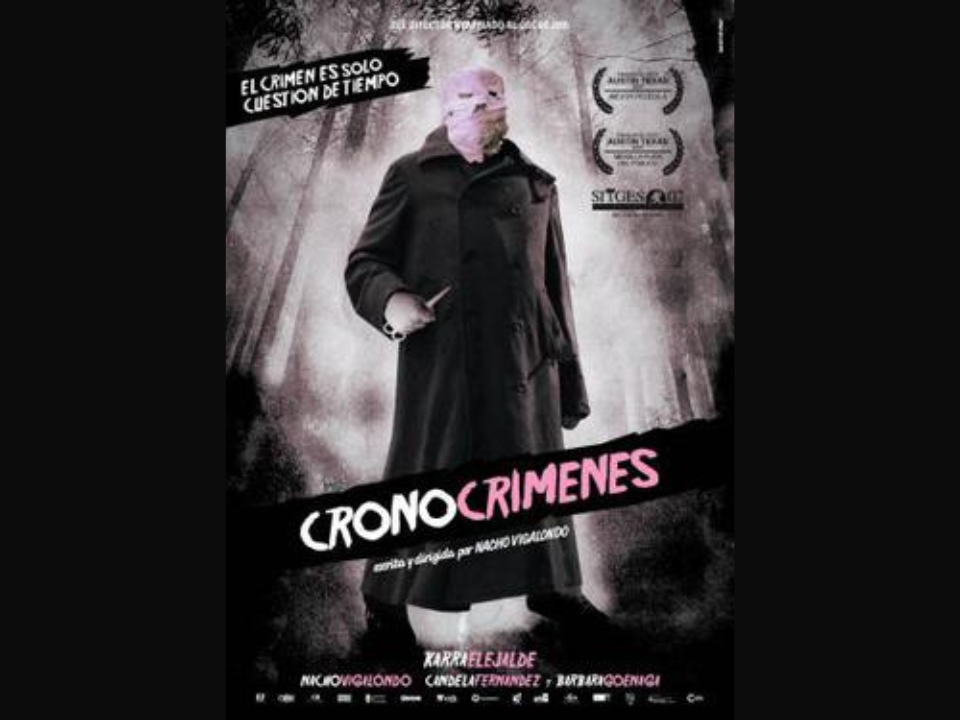
A Spanish-language film about a man who becomes entangled in a time loop after accidentally traveling back in time. As he attempts to fix his mistakes, he finds himself caught in an increasingly complex web of events.
Timecrimes is often praised for its tight storytelling and clever manipulation of time-travel conventions. Viewers frequently discuss how the film uses its small budget to create a high-stakes, tension-filled narrative and whether it holds up against more well-known time-travel movies.
The Butterfly Effect (2004)
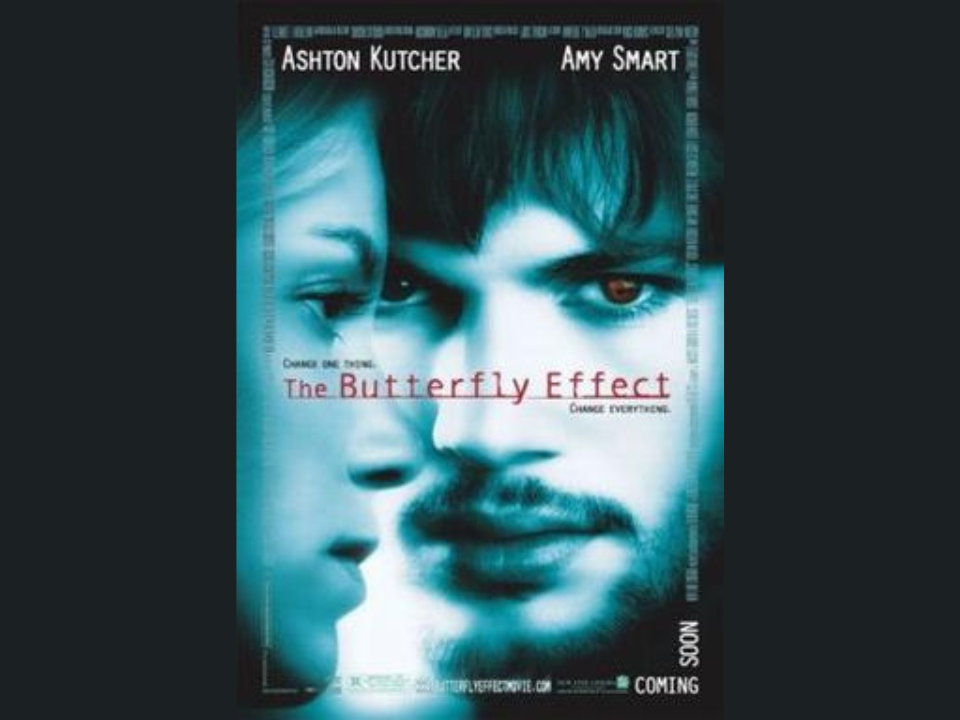
In The Butterfly Effect, Ashton Kutcher plays a man who discovers that he can travel back to pivotal moments in his past and change the course of events. However, every change he makes causes unforeseen and often disastrous consequences.
The film’s exploration of chaos theory and the unpredictability of altering time keeps audiences debating its themes. The ethical implications of changing past events and the emotional toll it takes on the protagonist are central points of discussion among fans.
Time After Time (1979)
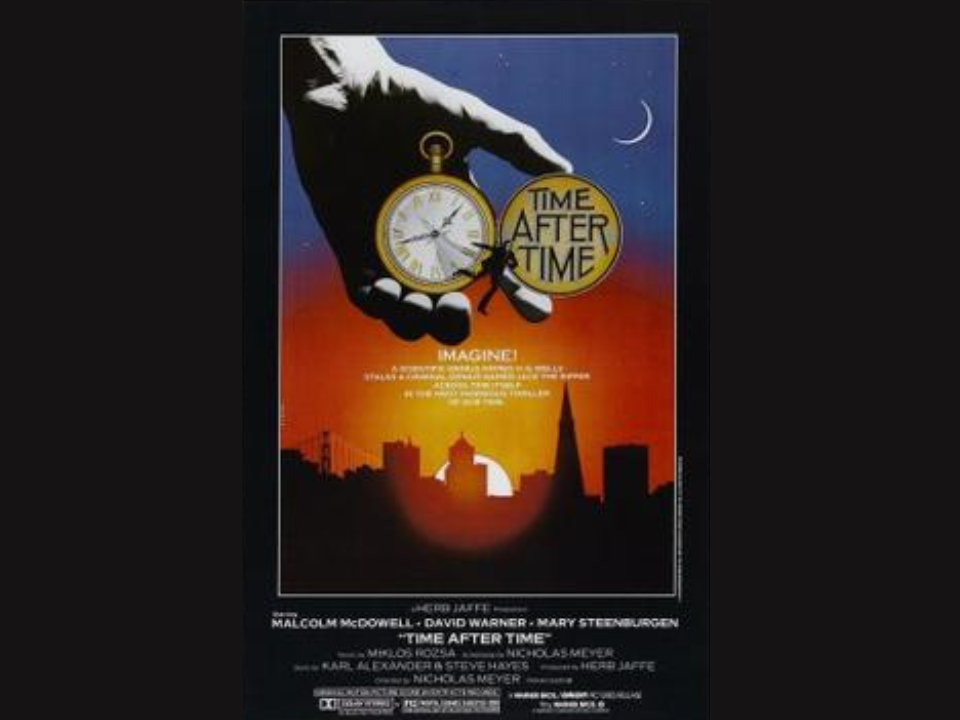
This film imagines H.G. Wells using his own time machine to chase Jack the Ripper to the 20th century. Once in modern-day San Francisco, Wells must confront the infamous killer while trying to understand the consequences of his own time travels.
Time After Time blends historical fiction with speculative science fiction, sparking debates on the ethical dilemmas of time travel. The idea of using time travel as a means of criminal pursuit leaves fans questioning whether such a device would be a boon or a bane to law enforcement.
The Time Traveler’s Wife (2009)
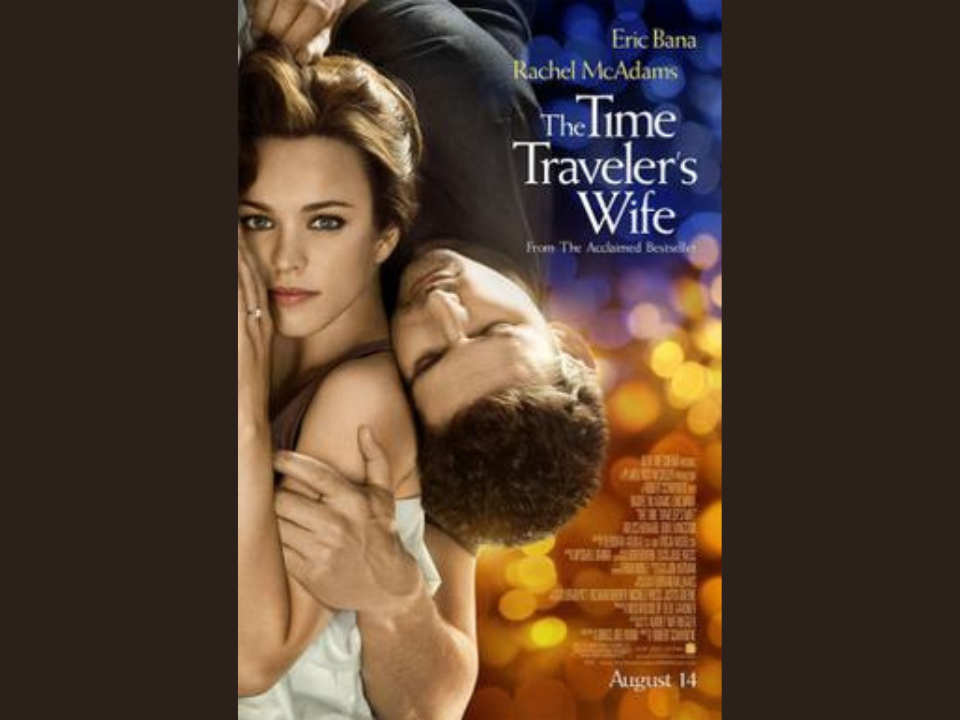
Based on Audrey Niffenegger’s novel, this film centers on a man with a genetic disorder that causes him to involuntarily travel through time. He meets and falls in love with a woman who must deal with the unpredictability of his time travel.
The movie is often debated for its portrayal of love across time, especially in terms of how it challenges traditional notions of fate and free will. Fans argue whether the time-travel element adds emotional depth or detracts from the central love story.
Edge of Tomorrow (2014)
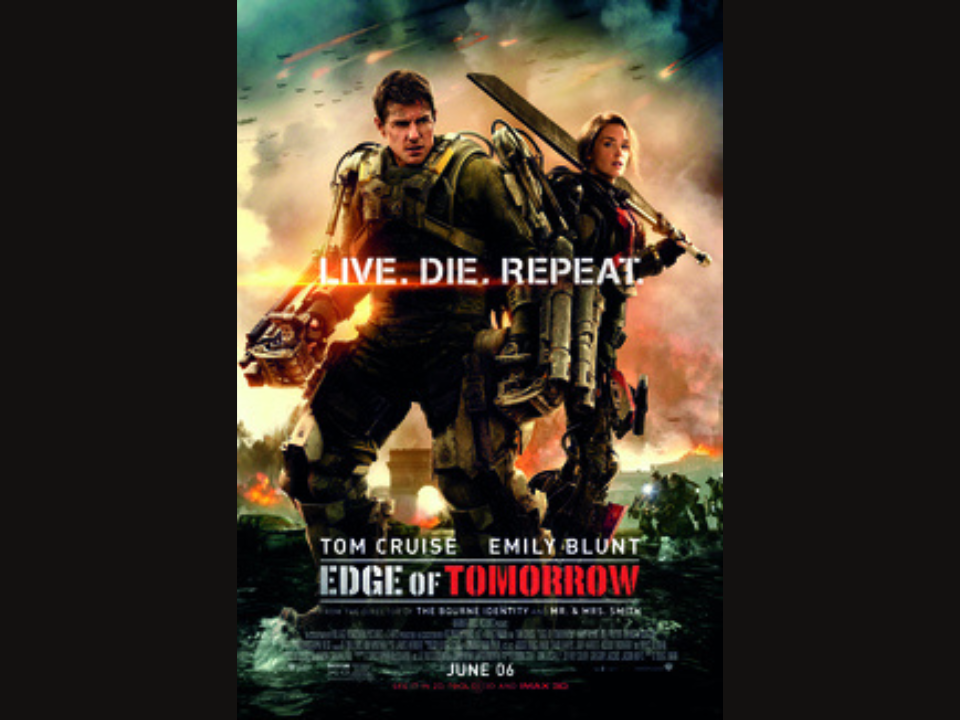
This action-packed film follows a soldier who is caught in a time loop, forced to relive the same day over and over while fighting off an alien invasion. Each time he dies, he wakes up at the start of the day with the knowledge of what happened previously.
The film’s intense action and time-loop premise make for a thrilling experience, but viewers often debate the philosophical implications of the time-loop concept. Discussions focus on whether the loop represents fate, free will, or a combination of both, along with the emotional toll of repeatedly experiencing the same events.
The Jacket (2005)
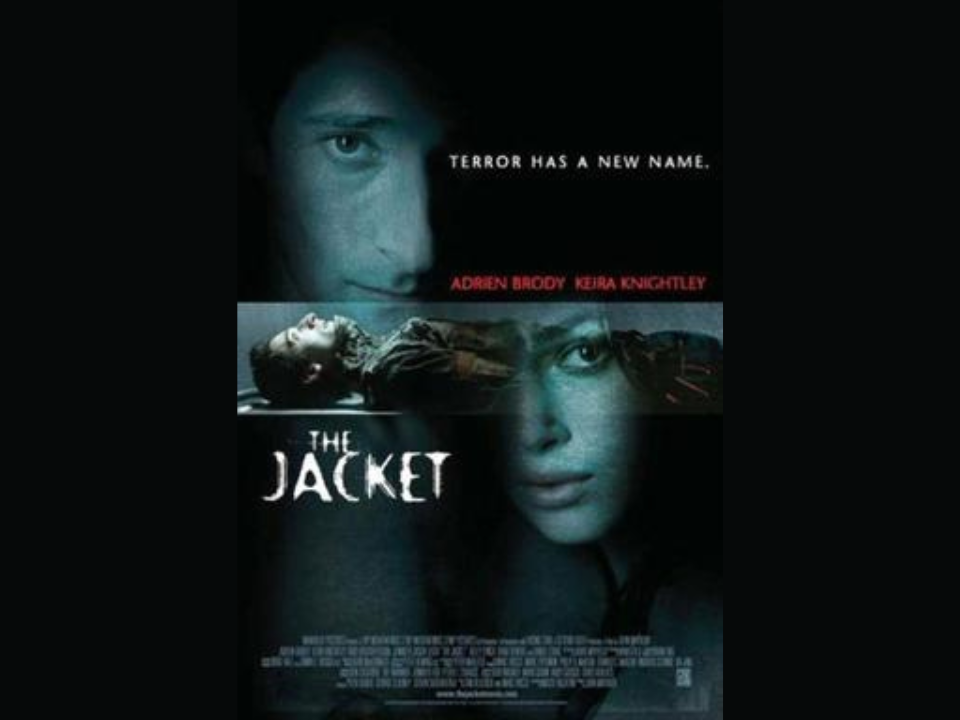
In The Jacket, a Gulf War veteran is sent to a mental institution and subjected to experimental treatment that sends him back in time. While in the past, he uncovers details about his own fate and attempts to change his future.
The film’s focus on memory and identity, combined with the unsettling nature of time travel, leads to debates about its psychological depth. Viewers often discuss whether the protagonist’s ability to change his fate is a reflection of the mind’s power over reality or a result of external forces.
The Final Countdown (1980)
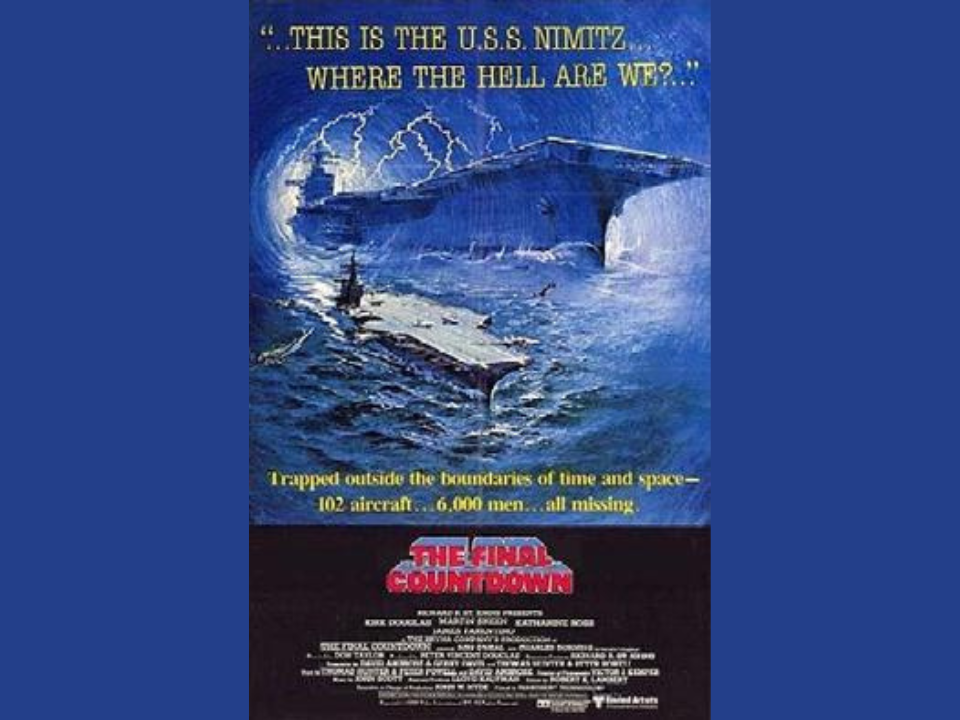
In The Final Countdown, the USS Nimitz, a modern aircraft carrier, is transported back in time to the day before the attack on Pearl Harbor. The crew must grapple with the decision of whether to interfere with history or let events unfold as they originally did.
The film’s exploration of military ethics and the implications of time travel on historical events remains a topic of debate. Fans often discuss whether the characters made the right decision in trying to change history, and what the consequences would have been if they had taken a different path.
Somewhere in Time (1980)
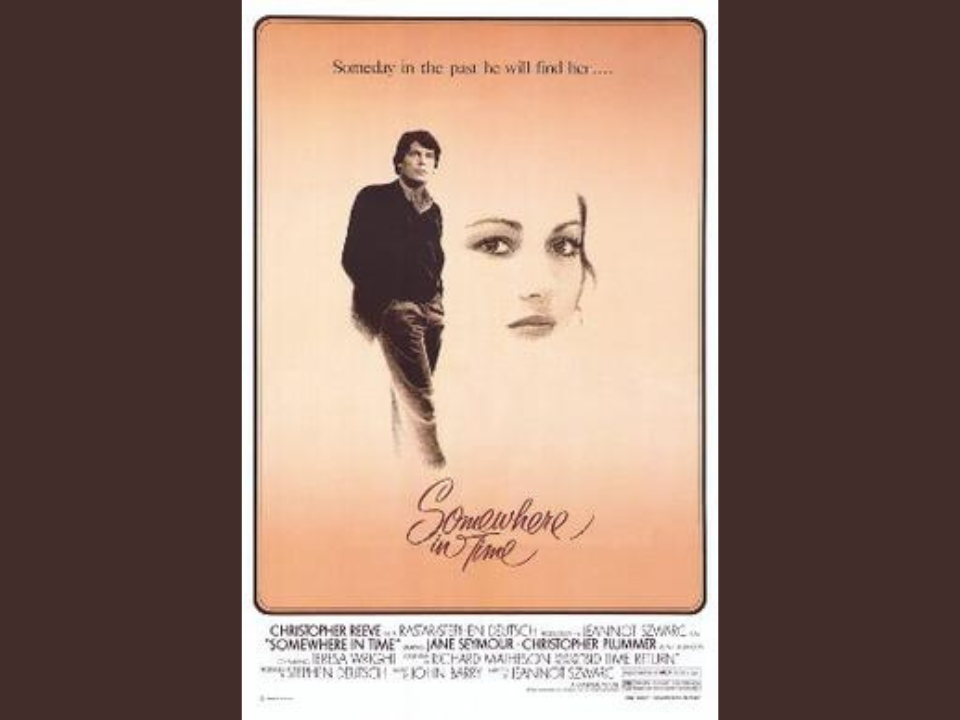
This romantic drama tells the story of a man who uses self-hypnosis to travel back in time to meet a woman he falls in love with. As he struggles to maintain the connection across time, the film explores the power of love and destiny.
Somewhere in Time has a devoted following, with fans debating the film’s portrayal of time travel as a means of transcending time for love. The emotional connection between the characters sparks discussions about whether time travel is truly possible, or if it is merely a manifestation of the characters’ desires.
This article originally appeared on Avocadu.
